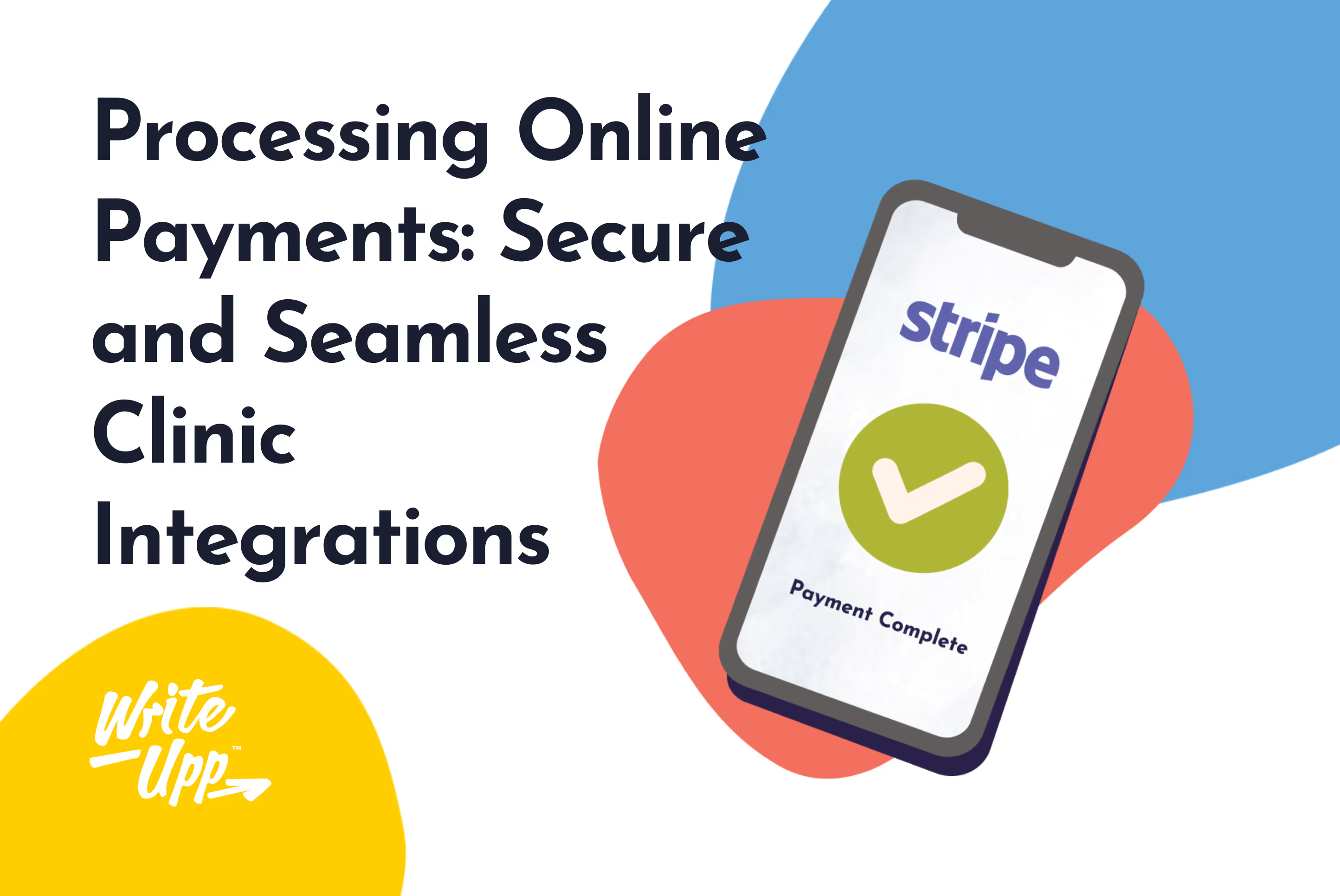In counselling, the heart of success lies in the bond of the therapeutic relationship. The counselling contract is our roadmap to mutual understanding, painting a clear picture of what's expected from both sides. This contract lights the way with transparency and trust, ensuring everyone's on the same page.
Crafting this pivotal document might seem daunting, but handy templates are at the rescue. Templates offer a streamlined approach, ensuring the inclusion of essential details like contact information and professional affiliations. These templates can be tailored to address specific terms, ethical boundaries, and unique practice conditions.
Access a suite of customisable counselling templates.
What is a Counselling Contract?
A counselling contract is a formal agreement between a therapist and client detailing the terms of their therapeutic relationship. It includes contact details, professional memberships and sets ethical boundaries and expectations.
It defines the therapeutic relationship's parameters, ensuring both client and therapist understand their roles. The contract promotes transparency and trust and establishes a sense of safety and credibility.
It upholds ethical boundaries, especially around confidentiality, ensuring the client's comfort in sharing personal information. It also serves as a record of agreed terms, useful in resolving disputes. Practical aspects, like session durations and handling recordings, are also clarified, minimising misunderstandings.
Key Components of Counselling Contracts
A comprehensive counselling contract is pivotal for a strong therapist-client relationship. Among the key aspects are:
- Confidentiality
A counselling contract needs to have a detailed confidentiality section clarifying:
- The therapist's duty: The therapist must maintain confidentiality for all client information and discussions.
- Exceptions: Clients should be informed of situations where confidentiality might be breached, like risks of harm, child or elder abuse, or threats.
- Storage: Describe how client information is securely stored, whether electronically or physically, ensuring protection against unauthorised access.
Always detail instances where information might be shared during emergencies, prioritising the client's well-being.
- Session Duration and Frequency
In a counselling contract, session duration and frequency are key. The contract should:
- Specify duration: Mention the typical range, e.g., 45-60 minutes, allowing flexibility based on client needs. Address policies on late arrivals or early departures.
- State frequency: Indicate how often sessions will occur, whether weekly, bi-weekly, or monthly, tailored to the client's needs and therapist's availability.
You can also address any potential discomfort with session lengths, emphasising open communication and the possibility of adjusting durations.
- Fees and Payment Terms
Clearly define fees and payment terms to prevent misunderstandings. The contract should:
- List the cost per session, considering the therapist's experience, qualifications, location, market rates, and any extra services like emergency support. You can also include your policy on sliding scale fees here.
- Indicate accepted forms of payment, e.g., cash, credit card, or online payments.
- State whether payments are due in advance, per session, or monthly.
- Outline any late fee charges, grace periods, and actions for consistent non-payment.
- Mention if insurance is accepted, the billing process, and any applicable co-pays or deductibles.
With these terms in place, therapists and clients can engage in therapy knowing what to expect financially.
- Cancellation and Rescheduling Policies
Life's unpredictability may lead to session changes, so make sure to:
- Detail the method for cancelling or rescheduling, like a phone call or email, and specify a notice period, such as 24 hours.
- Address fees for late cancellations or no-shows and state limitations on rescheduling frequency.
- Recognise the need for understanding in emergencies.
A policy like this protects both the therapist and the client, emphasises commitment, promotes trust, and makes it easier to communicate.
- Boundaries and Limitations of the Counselling Relationship
To ensure a professional and safe therapeutic environment:
- Clarify the therapist's role in the sessions, emphasising your support role over friendship.
- Highlight that while sessions are confidential, there are safety and legal circumstances that may require disclosure.
- Detail session duration, frequency, and the total number of sessions.
- Mention policies for interactions outside sessions, such as phone calls or social media.
Establishing clear boundaries ensures an ethical and growth-conducive environment, helping both parties understand their roles and responsibilities.
- Scope of Practice and Ethical Guidelines
Include the therapist's scope of practice and ethical guidelines. The scope defines the therapist's qualified support areas, ensuring they operate within their expertise. Ethical guidelines set standards for professional conduct, covering aspects like confidentiality, dual relationships, and informed consent.
These terms promote trust and transparency, ensuring clients receive appropriate care while guiding therapists in ethical decision-making. Essentially, these elements ensure both parties understand boundaries and uphold a beneficial therapeutic relationship.
- Termination and Follow-up Procedures
Termination procedures define how therapy concludes, whether due to met goals or other reasons. It's essential to communicate these clearly to prevent misunderstandings. Follow-up sessions might be suggested for periodic check-ins post-therapy.
The procedures should also cover administrative tasks like transferring client records and providing resources or referrals for continued support. Proper termination procedures in a contract underscore a commitment to the client's long-term well-being and encourage trust throughout the therapeutic journey.
Using a Counselling Contract Template
A counselling contract template provides a foundation covering essential terms like session duration, fees, confidentiality, and ethical boundaries. Templates are editable, allowing customisation to fit specific practices. They save time, boost professionalism, and reduce errors. Plus, with electronic signatures, the process becomes even more streamlined and eco-friendly.
Try WriteUpp’s pre-built contract templates for free
Benefits of Using a Template
Using a counselling contract template benefits therapists and clients by providing a structured framework that ensures essential details aren't missed. These easily customisable templates save time and reduce errors. They also boost professionalism, fostering trust between therapists and clients. Electronic signatures further streamline the process, eliminating paper waste. Overall, templates enhance the counselling process, establishing clear expectations and efficient practices.
Finding a Reliable Professionally Designed Templates
The digital age has ushered in countless online resources, but not all are created equal, especially when it comes to counselling contract templates! Leveraging recommendations from colleagues or respected industry associations can guide you towards reputable sources.
Among the most reliable sources are practice management software platforms, which cater specifically to healthcare professionals. These platforms not only have a vested interest in maintaining high standards but also regularly update their templates to reflect changing regulations and best practices. They integrate essential features, like electronic signatures and client management tools, ensuring that the templates are not just professionally designed but also functional in a modern practice environment.
Customising the Template to Suit Your Needs
Depending on the practice, terms like online therapy specifics or emergency services may be added. Incorporating contact details, affiliations to professional bodies, and emergency protocols offers clarity and reassurance to clients.
Using practice management software streamlines this customisation process and offers integrated electronic signature tools, enhancing efficiency and ensuring legally binding agreements.
Therapy Begins with Clarity
A clear understanding between therapist and client is vital from the outset of therapy. Counselling contracts ensure both parties align, and using templates lets therapists easily tailor details to fit their practice and client needs, covering session specifics, confidentiality, and more.
Including emergency contacts offers clients security while showcasing professional affiliations boosts trust. Electronic signature tools ensure legality, sealing the therapeutic agreement. For a holistic solution, therapists use WriteUpp, the UK's top counselling practice management software, offering customisable contracts and features to streamline their practice.
Practice management software is not only user-friendly and cost-effective but also paves the way for online client appointments, minimised administrative hassles, and an enhanced client journey.
Grab us for a live chat if you have any questions about what an integrated practice management solution can do for you and your counselling practice.



Join over 50,000 clinicians that we've helped using WriteUpp
Start my free trial






